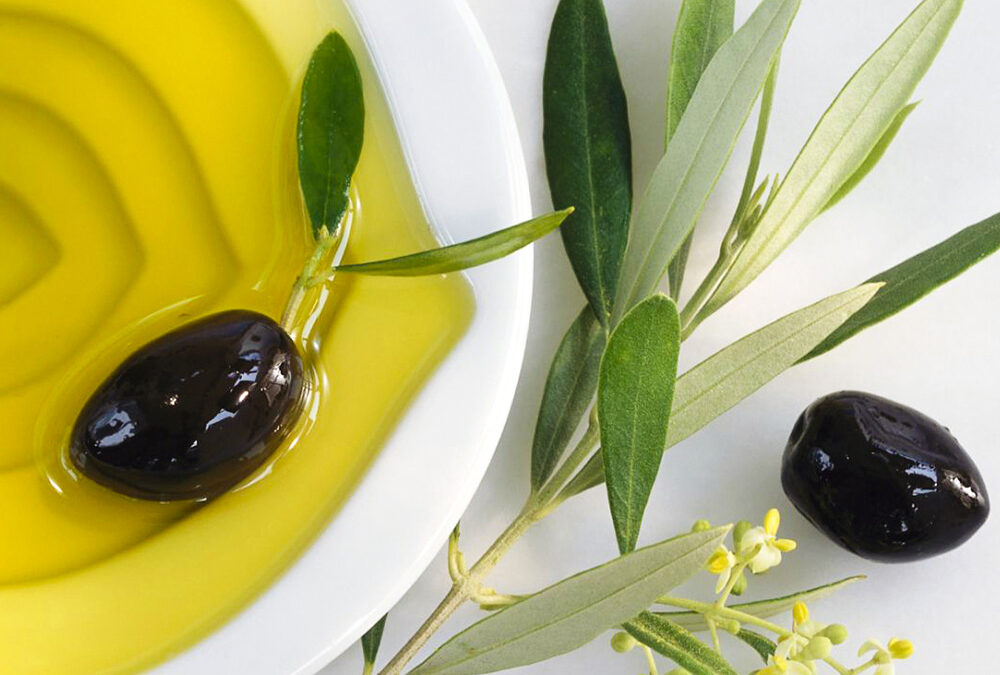Italian olive oil is highly regarded and sought after for several reasons, contributing to its reputation for quality and flavour. Here are some factors that make Italian olive oil good:
1. Rich heritage: Italy has a long-standing tradition of olive cultivation and olive oil production, dating back thousands of years. The country’s favourable climate, varied landscapes, and extensive knowledge of olive tree cultivation contribute to the production of high-quality olives and, consequently, exceptional olive oil.
2. Diverse olive varieties: Italy boasts a wide range of olive cultivars, each with its own unique characteristics. Varieties such as Frantoio, Leccino, Coratina, and Taggiasca are commonly grown in different regions of Italy. This diversity allows for a broad spectrum of flavours, aromas, and profiles in Italian olive oils.
3. High-quality production methods: Italian olive oil producers often prioritize traditional and meticulous production methods. Many Italian olive oils are produced through cold pressing, which involves extracting oil from olives without the use of excessive heat or chemical solvents. This gentle process helps retain the natural flavours, aromas, and nutrients of the olives.
4. Protected designation of origin (PDO) and protected geographical indication (PGI): Italy has several regions with PDO and PGI certifications for olive oil, such as Tuscany, Umbria, and Liguria. These certifications ensure that the olive oil is produced using specific methods and adheres to strict quality standards. PDO and PGI designations help guarantee the authenticity and origin of Italian olive oil.
5. Taste and flavour profiles: Italian olive oils are celebrated for their exceptional taste and flavour profiles. They often exhibit a balance of fruity, grassy, and sometimes peppery notes. The flavour can vary depending on the olive variety, region, and harvest time. The complexity and depth of flavours in Italian olive oil make it a versatile ingredient in a wide range of culinary applications.
6. Culinary versatility: Italian olive oil is a staple in Mediterranean cuisine and is highly versatile in the kitchen. It can be used for drizzling over salads, dipping bread, dressing pasta, sautéing vegetables, and even baking. Its high-quality taste and ability to enhance the flavours of dishes make it an essential ingredient in Italian and international cuisines.
Overall, the combination of Italy’s olive-growing heritage, diverse olive varieties, traditional production methods, certifications, exceptional taste profiles, and culinary versatility contribute to making Italian olive oil highly regarded and valued around the world.

